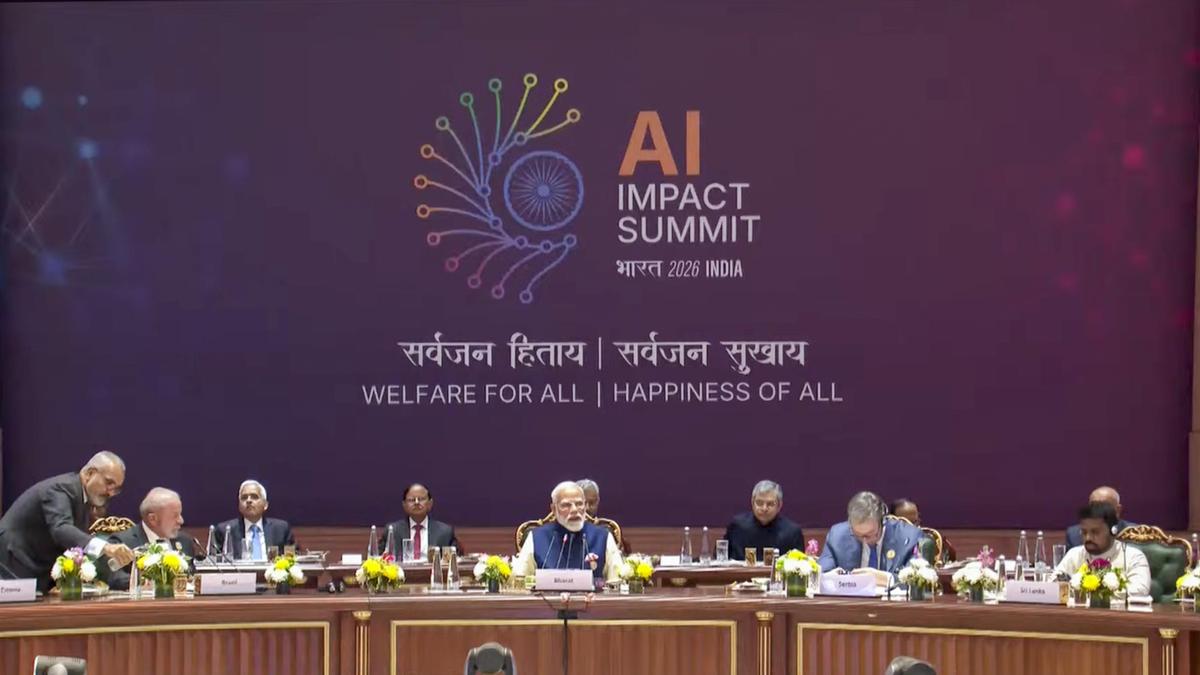What’s in today’s article?
- Why in News?
- About the Digital India Bill
- Key Provisions of the Digital India Bill
- The Fact-checking Unit
Why in News?
- Online fact-checking platforms could be required to obtain a registration from the Centre, as part of a government plan to seek greater accountability from them.
- The measure is currently being considered as a key provision under the upcoming Digital India Bill, successor to India’s core Internet law.
About the Digital India Bill:
- It is a key component of a “comprehensive legal framework” that the government is preparing for the online space.
- It will subsume the Information Technology Act 2020, which according to experts and government officials needs a revamp owing to changing internet scenarios.
- The proposed bill, alongside the Digital Personal Data Protection (DPDP) Bill 2022 and the Indian Telecommunication Bill 2022, will contribute to the evolving framework on regulation, consumer rights and innovation.
- Once finalised (draft could be released soon), the Bill will impact Big Tech companies like Google, Amazon, Meta, Amazon and Apple, among others.
Key Provisions of the Digital India Bill:
- A departure from the long-held understanding of ‘intermediaries’ on the Internet – sites that typically act as a platform for users to access services on the Internet.
- Present Scenario: Under the IT Act 2000, there is no classification of intermediaries.
- Proposal: Intermediaries will be classified as social media platforms, e-commerce platforms, AI platforms, fact-checking platforms, etc., to prescribe specific rules to different types of intermediaries.
- New Regulator for Internet: On the lines of the Telecom Regulatory Authority of India (TRAI) or the Securities and Exchange Board of India (SEBI).
- Other provisions:
- The IT Ministry could classify deliberate misinformation, doxxing, impersonation, identity theft, catfishing, and cyberbullying of children as offences under the new Bill.
- The Bill may also change some of the fundamental rules that presently apply to internet platforms, such as safe harbour norms.
- Penal provisions for violations and user harms related to emerging technologies, including generative AI platforms like ChatGPT and Google’s Bard, will also be addressed in the Bill.
The Fact-checking Unit:
- Earlier proposal:
- The Ministry of Electronics and Information Technology (MeitY) had previously suggested that news that has been deemed “fake” by the PIB’s fact-checking team will not be permitted on online intermediaries.
- The reference to PIB was dropped from the IT (Intermediary Guidelines and Digital Media Ethics Code) Amendment Rules 2023.
- The social media companies have submitted a proposal to the Center to establish the Misinformation Combat Alliance – a network of fact-checkers that will verify misleading content on their platforms.
- The alliance will act as a “certification body” that will serve as a means of identifying “trusted” fact-checkers.
- Recent proposal:
- Online fact-checking platforms could be required to obtain a registration from the Centre.
- The registration plan could be carried out in phases, with fact-checking units of legacy and reputed media companies being allowed to seek registration in the first phase.
- There is also a plan to not register ‘non-legacy’ fact checking bodies.
The government is also in conversation with the industry to develop a self-regulatory organisation for fact-checking information which does not relate to the government.
Q1) What is the Digital Personal Data Protection (DPDP) Bill 2022?
The purpose of the Bill is to “provide for the processing of digital personal data in a manner that recognises both the right of individuals to protect their personal data and the need to process personal data for lawful purposes.
Q2) What is Bard?
Bard is a conversational generative artificial intelligence chatbot developed by Google, based initially on the LaMDA family of large language models and later the PaLM LLM.
Source: Online fact-checkers may need to register with Govt: Bill on table
Last updated on February, 2026
→ UPSC Notification 2026 is now out on the official website at upsconline.nic.in.
→ UPSC IFoS Notification 2026 is now out on the official website at upsconline.nic.in.
→ UPSC Calendar 2026 has been released.
→ UPSC Final Result 2025 is expected to be released in the second week of April 2026.
→ Check out the latest UPSC Syllabus 2026 here.
→ Join Vajiram & Ravi’s Interview Guidance Programme for expert help to crack your final UPSC stage.
→ UPSC Mains Result 2025 is now out.
→ UPSC Prelims 2026 will be conducted on 24th May, 2026 & UPSC Mains 2026 will be conducted on 21st August 2026.
→ The UPSC Selection Process is of 3 stages-Prelims, Mains and Interview.
→ Prepare effectively with Vajiram & Ravi’s UPSC Prelims Test Series 2026 featuring full-length mock tests, detailed solutions, and performance analysis.
→ Enroll in Vajiram & Ravi’s UPSC Mains Test Series 2026 for structured answer writing practice, expert evaluation, and exam-oriented feedback.
→ Join Vajiram & Ravi’s Best UPSC Mentorship Program for personalized guidance, strategy planning, and one-to-one support from experienced mentors.
→ Check UPSC Marksheet 2024 Here.
→ UPSC Toppers List 2024 is released now. Shakti Dubey is UPSC AIR 1 2024 Topper.
→ Also check Best UPSC Coaching in India




















